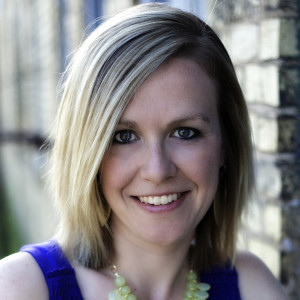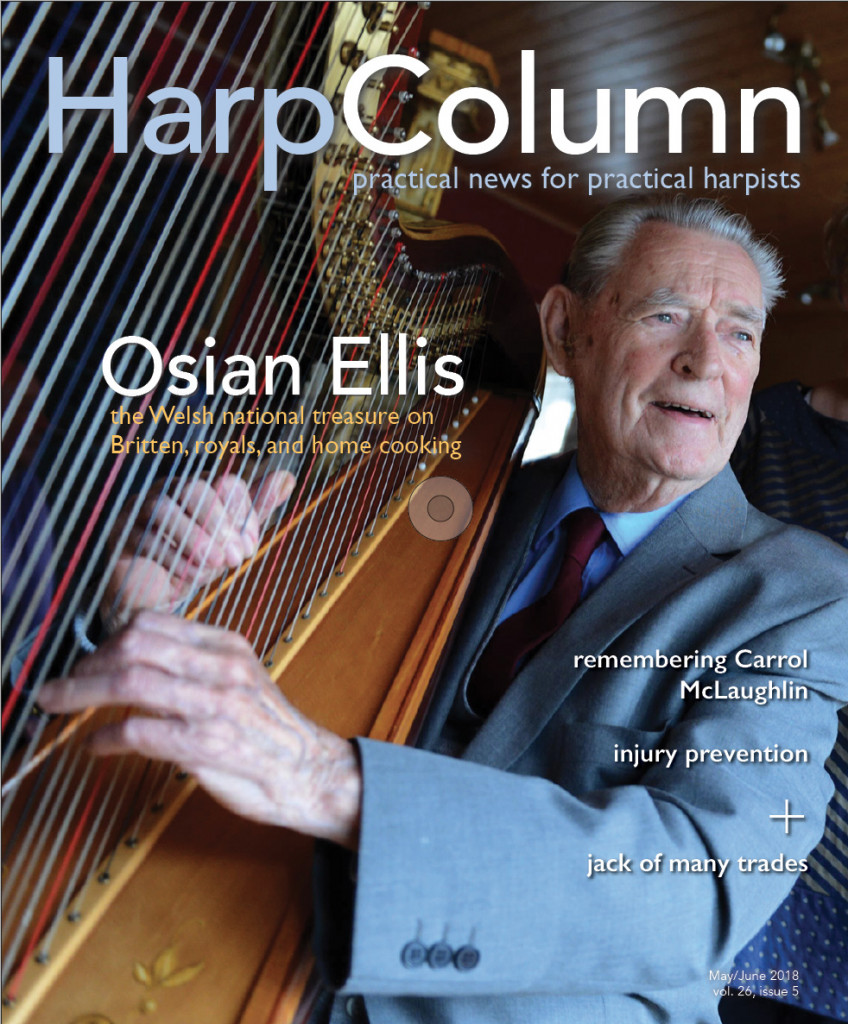Whenever someone says to me, “The harp looks like it’s hard to play,” I always give the same response. “It’s not hard; anyone can learn to play—it just takes a long time to master.” I should know, I’ve been playing for almost 30 years, and still feel pretty far from mastery most days.
…anyone who has made an honest attempt to master the harp knows that you can’t become an expert in a few lessons, or even a few years.
Every time I have this conversation about the harp’s perceived difficulty, I can’t help but think of Kathleen Wilson. You want to see something that’s difficult? Take a look at what she does in addition to playing the harp.
Long-time Harp Column readers might remember Wilson from the cover story we did on her back in 2002 (see “Channeling Her Energy” in our January/February 2002 issue). At the time of our interview with her, Wilson was principal harpist with the Charleston (S.C.) Symphony and had just successfully swam across the English Channel. Either accomplishment is remarkable on its own. When you consider that Wilson conquered both (not to mention parenting her two young children at the same time), her accomplishments are nothing short of remarkable.
As a marathon open-water swimmer, Wilson takes on long distances in inhospitable, and sometimes downright hostile environments. I can’t even handle taking a cold shower, much less swimming for 13 hours in 64-degree water. It wasn’t too surprising when Wilson took on a completely new challenge in 2005, when she successfully ran for a seat on the Charleston City Council, which she held for three terms. She knows what it takes to perform at a high level—no matter what stage she’s on. “…we have such a quick-fix, sound-bite, get-rich-quick kind of society, that a lot of people have forgotten the nuts and bolts of just hard work and the fact that big things don’t come easily and they don’t come quickly. It was very good to have this enormous goal and learn how to make it manageable. It doesn’t just apply to swimming—it certainly applies to the harp world too.”
Wilson made these observations 16 years ago, long before the internet, iPhones, and social media exacerbated the instant-expert mentality. The internet is rife with promises to help you master just about anything in “three easy lessons,” and anyone can make themselves look like a pro with little more than a slick logo and a well-curated Instagram account. But anyone who has made an honest attempt to master the harp knows that you can’t become an expert in a few lessons, or even a few years. While there is no magic number, everyone would love for there to be a measurable mark to gauge their progress toward mastery. This desire for an easy benchmark to determine expertise is probably one reason why Malcolm Gladwell’s “10,000 hours” rule from his 2008 book Outliers gained so much traction. The research that inspired Gladwell’s rule of thumb actually points to the type of practice you do, not the number of hours you log in your chosen field as the most important factor achieving mastery. The exact number of hours it takes aside, we know that expertise is not easily had—it takes hard work and dedication. This is why people like Wilson are so fascinating—achieving professional success in more than one field is downright difficult.
We asked Christa Grix—a multi-discipline expert herself—to find out more about musicians who also wear another hat in “Masters of Many Trades” on pg. 32. From a harp-playing pilot to a oboe-playing novelist, the stories Grix shares are both inspiring and a little humbling. But more than anything, I think their stories demonstrate how the skills we hone in music—deliberate practice, performing under pressure, listening, collaborating with others, working toward big goals, etc.—can translate to success in any field. •







